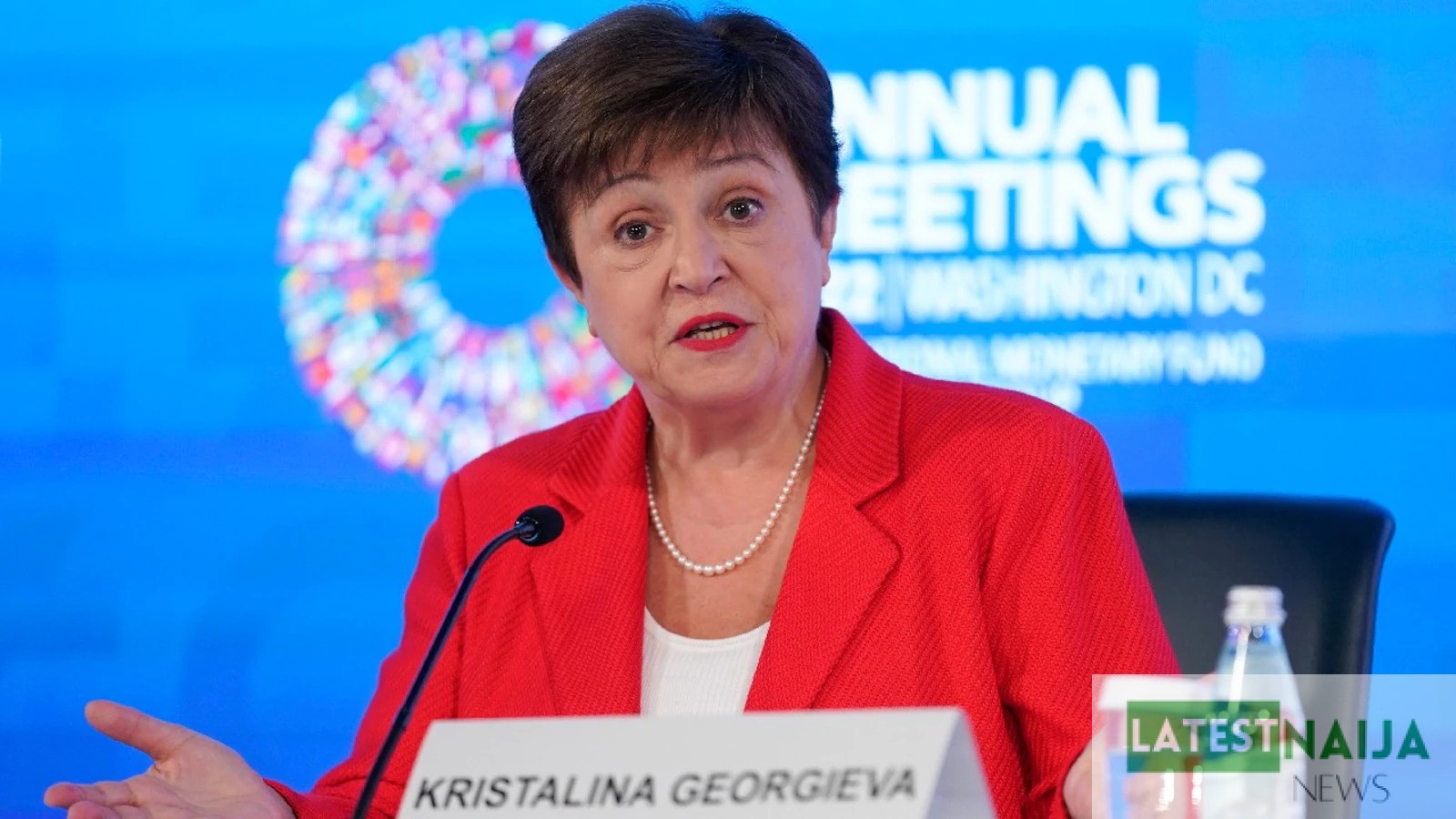The International Monetary Fund (IMF) said the ongoing conflict between Israel and the Palestinian militant group, Hamas, is causing significant economic strain on neighboring countries.

The Managing Director of IMF, Kristalina Georgieva, disclosed this on Wednesday, to a Saudi investor forum.
During her address to the investor forum, Georgieva expressed her concerns about the economic consequences the war is imposing on countries in the region, stating, “You look at the neighboring countries – Egypt, Lebanon, Jordan – where the channels of impact are already visible.”
The conflict, which erupted on October 7, has resulted in a tragic loss of life and heightened tensions. According to Israeli authorities, more than 1,400 people have been killed, with an additional 222 taken as hostages during a shock attack staged by Hamas.
In retaliation, Israel has launched extensive air strikes and imposed a nearly complete land, sea, and air blockade on the Gaza Strip, which is under Hamas control. The Hamas-run health ministry has reported that 5,791 people have been killed in the ongoing conflict in Gaza.
Georgieva’s warning comes amidst growing global concerns about the potential economic consequences of the conflict. The IMF Managing Director cautioned, “The war could deal a heavy blow to the global economy, especially if it draws in other countries.”
She elaborated on the ripple effects, saying, “What we see is more jitters in what has already been an anxious world. You have tourism-dependent countries—uncertainty is a killer for tourist inflows. Investors are going to be shy to go to that place. Cost of insurance—if you want to move goods, they go up. Risks of even more refugees in countries that are already accepting more.”
The conflict’s impact on the global economy is a significant concern, and Georgieva’s remarks underscore the potential consequences of the ongoing violence, both regionally and globally.
The Future Investment Initiative, often referred to as “Davos in the Desert,” has traditionally provided a platform for Saudi Arabia to showcase its domestic economic reforms. However, the success of these reforms, as per Saudi officials, relies heavily on regional stability, which the ongoing Israel-Hamas conflict jeopardizes.
The situation remains fluid, and the international community closely monitors developments in the region as efforts continue to find a resolution to the conflict and mitigate its economic and humanitarian impact.


Comments are closed.